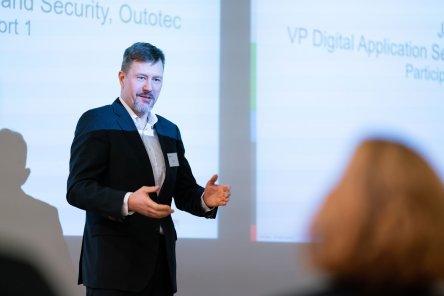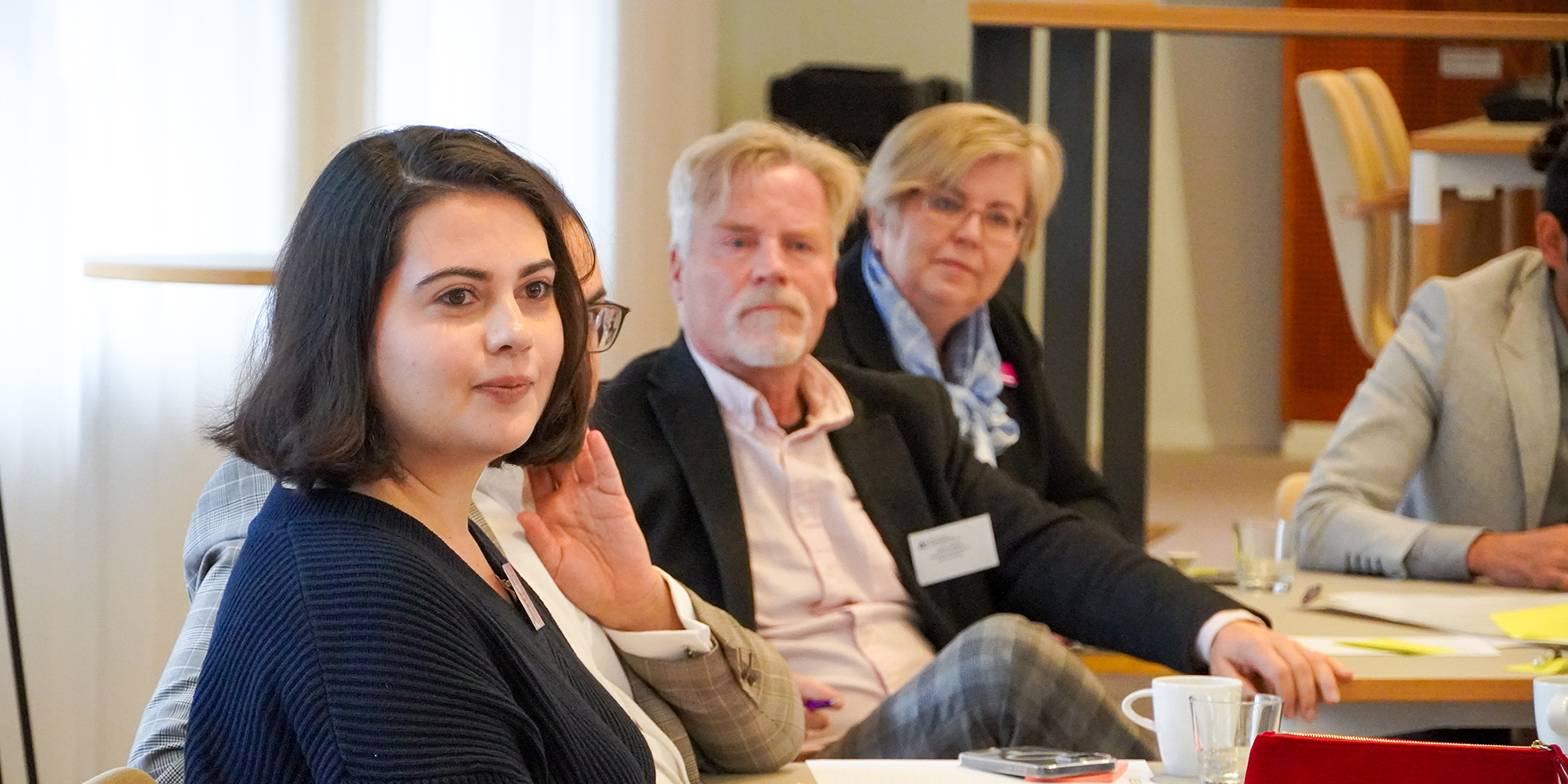Engineers have feelings, too. Who would’ve thought? But joking aside, when the Finnish technology company Outotec embarked on a global leadership development journey in cooperation with Aalto EE, emotional intelligence (EQ) was picked as the program’s core concept.
The decision had a sound basis. As structural changes in the economy, increased global competition, and megatrends such as digitalization and servitization are rapidly transforming the business landscape and diluting many of the traditional sources of competitive advantage, companies are in dire need of new leadership skills and a change in the managerial mindset.
Outotec’s Global Leadership Program focused on two of its five strategic must-win battles, Our People and Customer Focus. Altogether, there were 60 participants arranged into two cohorts.
“We wanted to help our leaders become change agents, develop their customer and people focus and drive our customer experience, company culture, and overall business strategy forward,” says Kaisa Aalto-Luoto, SVP, Human Resources & Communications and Member of the Executive Board at Outotec.
Human interaction calls for empathy
To be truly customer and people centric, leaders need to be able to understand and manage their own emotions and also recognize the emotions of others. They must know how their emotions affect other people and how to choose the best behavior in different situations. These skills are linked to EQ, which has been recognized as one of the most critical factors for sustaining high performance in today’s business environment.
Emotional intelligence is not a soft thing at all, it’s a very concrete skill to master."
Still, in many businesses, the human element of success is excluded from decision making. Although Outotec already had previous experience of the theme, the program had to be planned carefully. After all, you can’t just throw an idea like EQ into an organization in which emotions have not been an everyday discussion topic before.
At Outotec, the program started with an EQ assessment. For many participants, the results of the assessment proved surprising. Jouni Laiho, VP, Digital Application Services, ICT, and Security, was one of them.
“I am trained as an engineer, did my masters in computer science and information systems, and have spent all my professional life among engineers. I know we are sometimes said to be driven mostly by logic but I must admit it was still surprising to be scored low in empathy, for example,” Laiho says.
Reading the complete report helped.
“I realized that in stressful situations, I sometimes may abandon the use of normal empathy and behave in a bit too mechanical, logic-driven manner. In a physical crisis, that may actually be the correct response – if you are a firefighter, for example, you need to be able to act mechanically – but in a business situation, that kind of behavior is not optimal. I learned that other people may see me as cold and wonder whether they can trust me,” Laiho ponders.
There’s nothing soft about EQ
With the help of Aalto EE, Outotec tackled EQ on two fronts. The first module dealt with customer focus and developing a customer-value based mindset. The second module focused on winning cultures, own development areas in communication and influencing, and strengthening own actions to take learnings into daily practice.
“This was powerful stuff. Emotional intelligence is not a soft thing at all, it’s a very concrete skill to master. It’s important that people feel they have been heard. When I’m aware of my own feelings, it’s easier to lead by example, even when we strive to deliver on targets,” Laiho says.
The program ended with a repeat EQ assessment and the results were excellent, predicting higher engagement activities both with customers and Outotec personnel and much improved decision making and increased influencing. Outotec’s own people engagement survey also indicated improved leadership performance.
“This shows that the program’s results are also visible to our employees. We made a profitable investment in leadership and a good company culture,” Laiho says.
Make an impact with your persona
According to Aalto-Luoto, the most important takeaway for the participants was that the higher up you are in an organization, the more important self-awareness is.
It’s also about knowing how to lead yourself to be who you want to be."
“It’s not just about knowing who you are, it’s also about knowing how to lead yourself to be who you want to be. Our message is that as a leader it’s important to be yourself, but to be it with skill.”
Aalto-Luoto emphasizes that in a changing world in which it’s important to help both your own people and customers feel excited about and adapt to changing situations, it’s business critical to understand the impact you as a leader can make with your own persona.
“After all, it’s always human to human. If we were to start over, we might even strip the program of some of the strategic elements and make braver choices. The most striking comment I heard from the participants was someone saying that they had not only become a better leader but a better person, too.”
With 50 years' experience, Aalto EE develops world-class Customized Solutions to help our clients address current and future business challenges. Our jointly created and designed solutions are based on a combination of solid expertise, customer insight, concrete action, and an experimental approach. Read more





















